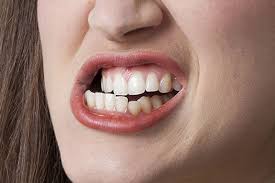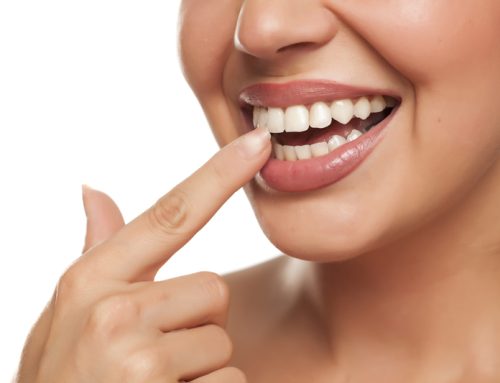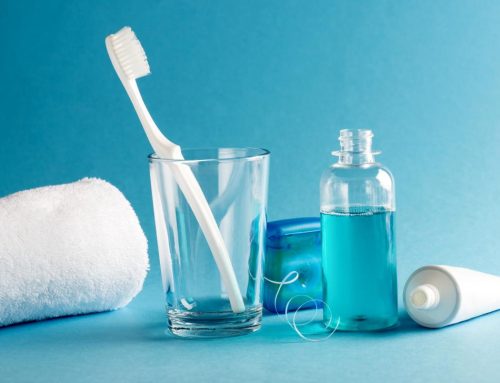Some people actually grind and gnash their teeth habitually advertently or inadvertently. This act of tooth grinding is referred to as Bruxism. The question of whether or not tooth grinding is harmful depends on the frequency of the act. The shocking truth is that some people grind their teeth for pleasure (weird right?) while others grind their teeth when they are stressed out. Either way, bruxism, when it occurs recurrently becomes a problem and can damage the teeth.
What Is Bruxism?
bruxism, also known as tooth grinding, is an act of habitually grinding one’s teeth, especially, unconsciously. This is a situation where you grind, gnash or clench your teeth without awareness. Tooth grinding may occur during the day, or at night while asleep. This act of grinding the teeth doesn’t just affect the teeth but also affects one’s overall oral health. It is important to note that tooth grinding can be caused by stress or even anxiety. More so, it regularly occurs during sleep and is most likely caused by missing or crooked teeth, and sometimes an abnormal bite can also lead to it. Sleep disorder known as sleep apnea is another factor that leads to bruxism.
Having looked at what bruxism is, let’s dive deeper into the symptoms and signs of bruxism.
Symptoms of Bruxism
There are many symptoms and signs of bruxism which may include the following:
- Flattened, chipped, fractured or loose teeth.
- Already worn tooth enamel that exposes the deeper layers of your tooth/teeth.
- Audible tooth grinding while sleeping.
- Sleep disruption.
- Tooth sensitivity.
- Increased tooth pain.
- Face, jaw or neck pain.
- Headaches that begin in the temples.
- Damage caused from chewing on the inside of your cheek.
- Tight jaw muscles.

Causes of Bruxism
Medical practitioners do not completely understand the root cause of bruxism, however, there are other factors that can lead to bruxism. These factors may come to play as a result of physical, genetic, and psychological factors.
More often than not, oral health specialists point to the fact that excessive stress and certain personality types can cause tooth grinding or bruxism. It is no surprise that bruxism affects people with nervous tension such as:
- anger
- frustration
- pain
- aggression
- overly competitive attributes
In children, for example, bruxism often happens after the first set of teeth appear, also when the permanent teeth spring up. They tend to let go of the habit as they grow up.
Here are some causes of tooth grinding or bruxism:
- Abnormal bite: this is a situation where the teeth do not align properly when the jaw closes.
- Crooked or missing teeth can, in most cases, prompt tooth grinding.
- Certain medications can cause bruxism. Some of these medications include antidepressants, antipsychotic and amphetamines.
- Bruxism can also be caused by fatigue, alcohol consumption, and snoring.
How to Prevent Tooth Grinding or Bruxism
There are ways to help prevent and reduce bruxism. Among other preventing tips, managing stress and anxiety is one way to help reduce or prevent bruxism in people who are susceptible to it.
It is also advisable to have good sleep hygiene. This should include a cool, dark and quiet room to sleep in. there should be no gadgets like televisions, computers or other stuff relating to work.
To reduce or prevent bruxism, it is ideal to relax for some hours before bedtime.
More so, it is said that exercising frequently and sleeping on the side of the stomach help reduce or prevent bruxism.
Without further ado, the first and best step to take if you are suffering from tooth grinding or bruxism is to see your dentist. They are in a better position to proffer solutions.







Leave A Comment